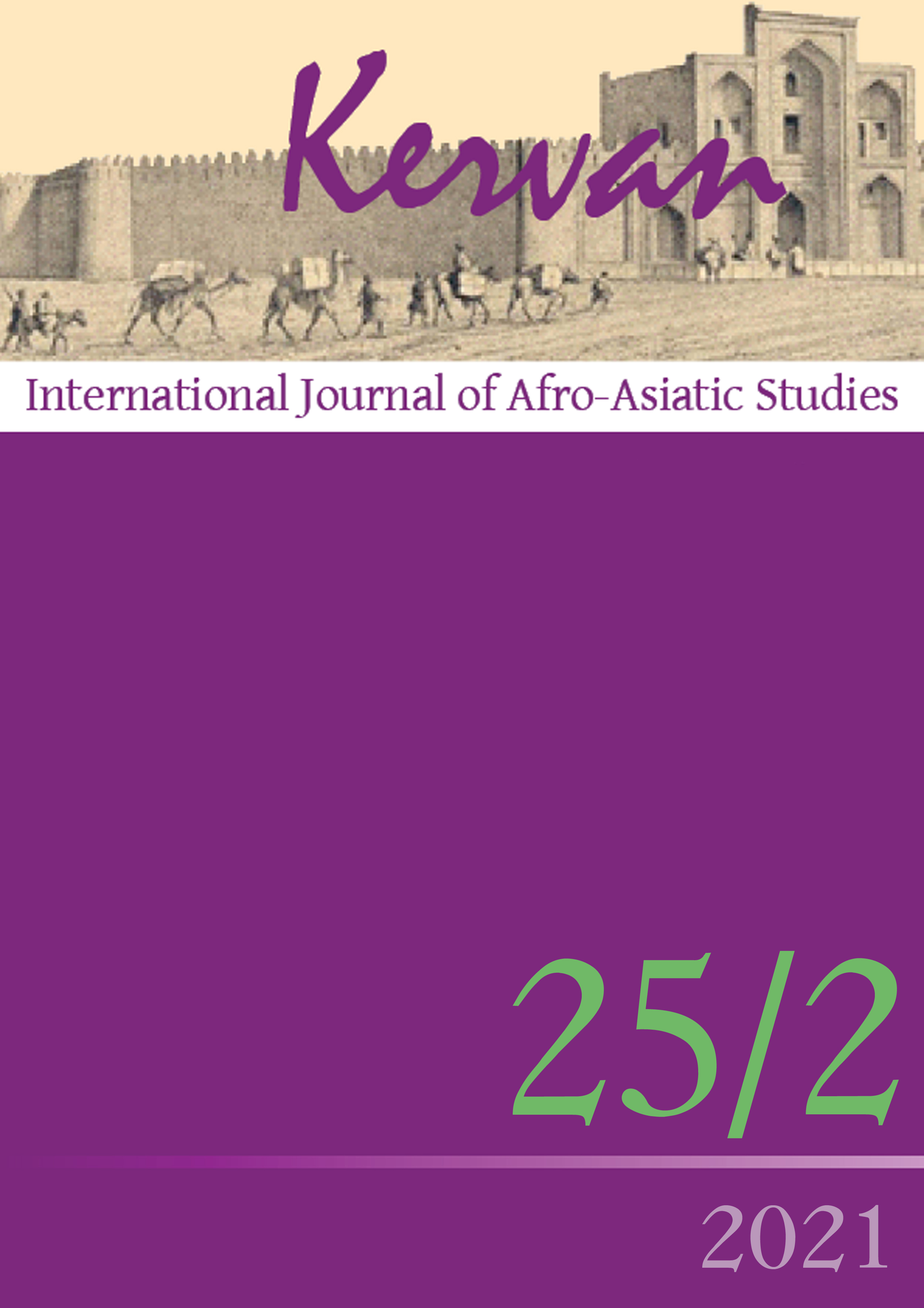The practices and dynamics of Baalle, an indigenous governance system of Gedeo (Southwest Ethiopia)
DOI:
https://doi.org/10.13135/1825-263X/6311Abstract
This article comprehensively examines the governance quest of the Gedeo people (a Cushitic-speaking people in southern Ethiopia) and their itineraries in building an egalitarian indigenous governance system locally called Baalle. The Baalle governance system is based on the distribution of political powers and social responsibilities across nine grades, each with a life span of eight years. Our analysis focuses on three aspects of the Balle system: essence, practices, and dynamics. We have analyzed the roles of the state in the dynamics of the Baalle system by considering the different historical phases of the Ethiopian state: the Imperial regime (1889-1974), the Derg regime (1974-1991), and the EPRDF regime (1991-2018). Data were collected through narrative interviews, observation, and focus group discussions from Baalle leaders and cultural consultants during several fieldworks carried out in 2018, 2019, and 2020. Based on our findings, we argue that Baalle is a complex indigenous governance system of Gedeo’s social structure that influenced their economic, social, political and spiritual life. Moreover, given the complexity of the Baalle system, the presence of governance institution (Songo) in all the three autonomous regional territories of the Gedeo, the practices of sustainable economy that combined forestry with agriculture, and the presence of dense population, we argue that the Gedeo qualify for being a state. Since the incorporation of the Gedeo into the Ethiopian state in the late 19th century, Baalle has been structurally subordinated to the central government, and its roles in the day-to-day life of the local community have significantly declined. Although the post-1991 political developments of the EPRDF made attempts to protect Baalle from extinction, its role is still reduced to playing only supplementary roles to state conflict resolution institutions and instruments.
Downloads
Downloads
Published
Issue
Section
License
Gli autori che pubblicano su Kervan accettano le seguenti condizioni:
- Gli autori mantengono i diritti sulla loro opera e cedono alla rivista il diritto di prima pubblicazione dell'opera, contemporaneamente licenziata sotto una Licenza Creative Commons - Attribuzione che permette ad altri di condividere l'opera indicando la paternità intellettuale e la prima pubblicazione su questa rivista.
- Gli autori possono aderire ad altri accordi di licenza non esclusiva per la distribuzione della versione dell'opera pubblicata (es. depositarla in un archivio istituzionale o pubblicarla in una monografia), a patto di indicare che la prima pubblicazione è avvenuta su questa rivista.


 The articles that have appeared on Kervan since 2016 are rated as Class A in the system of National Scientific Qualification (ASN, disciplines 10/N1 and 10/N3).
The articles that have appeared on Kervan since 2016 are rated as Class A in the system of National Scientific Qualification (ASN, disciplines 10/N1 and 10/N3). The journal has been approved for inclusion in DOAJ. The DOAJ listing of the journal is available at
The journal has been approved for inclusion in DOAJ. The DOAJ listing of the journal is available at  The journal has been approved for inclusion in ERIH PLUS. The ERIH PLUS listing of the journal is available at
The journal has been approved for inclusion in ERIH PLUS. The ERIH PLUS listing of the journal is available at  Kervan was just accepted for indexing in SCOPUS. This important milestone ensures that articles published in Kervan are easily found when searching for library, archives and Information science and it enables Kervan authors to keep track of how often their article has been cited by others.
Kervan was just accepted for indexing in SCOPUS. This important milestone ensures that articles published in Kervan are easily found when searching for library, archives and Information science and it enables Kervan authors to keep track of how often their article has been cited by others.

